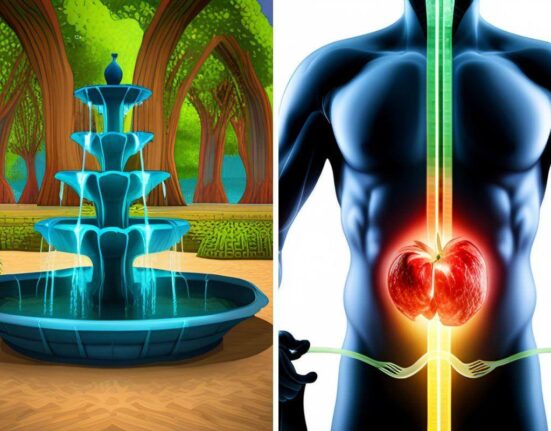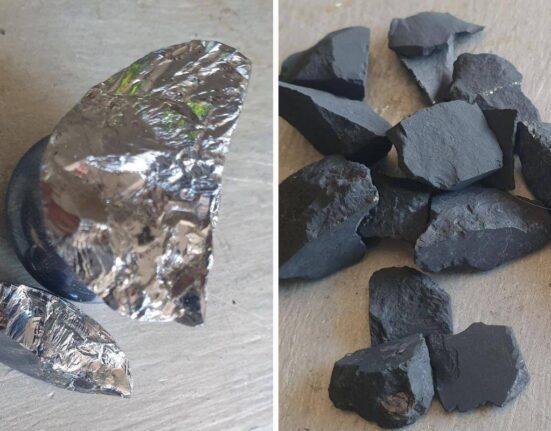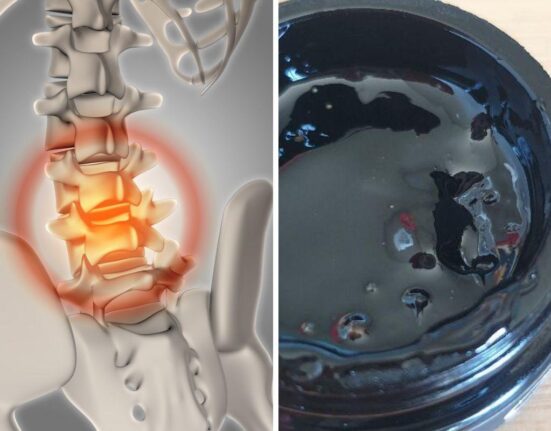We’ve all experienced anxiety at some point in our lives, and for many of us, it’s just a passing feeling. But for others, anxiety can develop into something more serious, leading to physical symptoms beyond simple jitters.
One such condition is low white blood cell count, which has been linked to increased stress and anxiety levels. In this post, we’ll explore the relationship between anxious people and their white blood cells – what causes it, why it happens, and how you can reduce your risk without medications or treatments. Let’s jump right in!
What is white blood cell count?
White blood cell count refers to the number of white blood cells in a person’s blood. These cells are important for fighting infections and diseases.

How does white blood cell count relate to anxiety?
Recent studies have shown that a high white blood cell count may also be linked to anxiety. The theory behind this is that inflammation in the body can lead to an increase in white blood cells, and chronic anxiety can cause this inflammation.

While more research is needed to fully understand the correlation between white blood cell count and anxiety, it is important for individuals experiencing symptoms of anxiety to maintain a healthy lifestyle and seek professional help if necessary.
By taking care of our physical and mental health, we can work towards a healthier and happier life.
Reasons why low WBC count might be caused by anxiety
The human body is a complex system that is easily influenced by a multitude of factors. One of the most interesting and intriguing connections to be explored is the relationship between the immune system and anxiety.

Recent research suggests that there is a strong correlation between a low white blood cell (WBC) count and anxiety disorders. When we experience anxiety, our body enters a state of heightened stress, and this constant state of turmoil may take a toll on our immune system, leading to a lower WBC count.
It is interesting to consider how our emotional and mental health can impact our physical health.
Possible solutions to increase the WBC count and alleviate anxiety
White blood cells play a crucial role in fighting off infections and diseases, so having a low count can be concerning. In some cases, a low WBC count can also be associated with feelings of anxiety.
Fortunately, steps can be taken to increase the WBC count and help alleviate anxiety.



- Reducing stress levels through techniques such as meditation, acupuncture, or yoga can also be helpful.

With a combination of healthy lifestyle choices, it is possible to boost WBC counts and reduce anxiety, ultimately leading to a healthier and happier life.
Diet Changes to Boost White Blood Cell Production
Our immune system is made up of various components, with white blood cells playing a crucial role in fighting off infections and diseases.
If you’ve been feeling run down or frequently getting sick, it might be time to take a closer look at your diet. Certain foods contain nutrients and vitamins that can help increase white blood cell production and improve overall immunity.
For example, foods rich in vitamins A, C, and E, such as the following, are known to support immune function:
Spinach: Spinach contains high levels of vitamins A, C, and E, along with other nutrients such as iron, calcium, and folate. A 100-gram serving of spinach contains 47% of your daily Vitamin A, 18% of your daily Vitamin C, and 5% of your daily Vitamin E.

- Sweet Potato: Sweet potatoes are rich in Vitamin A, with one containing over 100% of the daily recommended intake. They are also a good source of vitamin C and E. A single sweet potato provides 30% of the daily recommended intake of vitamin C and approximately 5% of vitamin E.

- Almonds: Almonds are high in Vitamin E, with just one ounce of almonds providing 37% of daily Vitamin E. They’re also a good source of healthy fats and proteins.
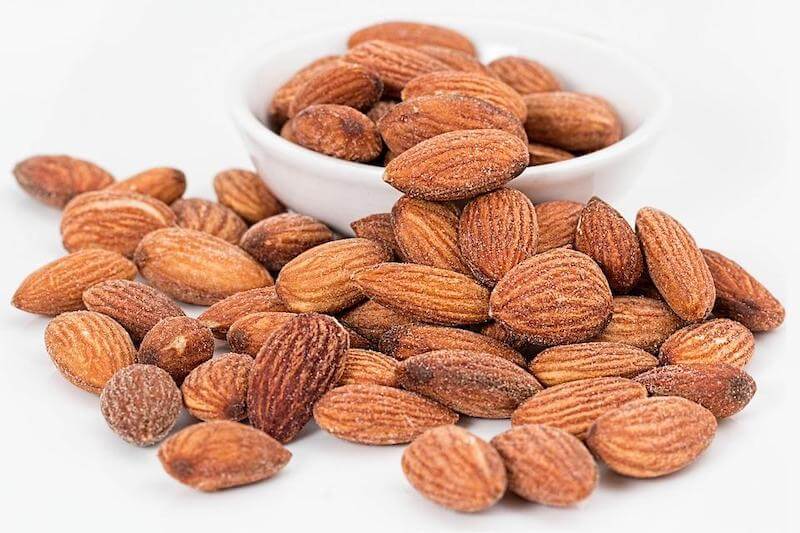
- Oranges: Oranges are a well-known source of vitamin C, and one medium orange provides over 100% of the daily recommended intake. They are also a great source of antioxidants.

- Avocado: Avocado contains high amounts of healthy fats, fiber, potassium, and vitamins C, K, B5, B6, and E. One cup of sliced avocado contains 18% of the daily recommended intake of vitamin E.

- Red bell peppers: Red bell peppers are a great source of vitamins C, A, and E. A 100-gram serving of Red Bell Peppers contains 127% of your daily Vitamin C, 25% of your daily Vitamin A, and 12% of your daily Vitamin E.

- Sunflower Seeds: Sunflower seeds are one of the richest sources of Vitamin E, providing about 82% of daily Vitamin E in just one ounce. They are a good source of healthy fats, proteins, and fiber, making them a great snack for daily eating.
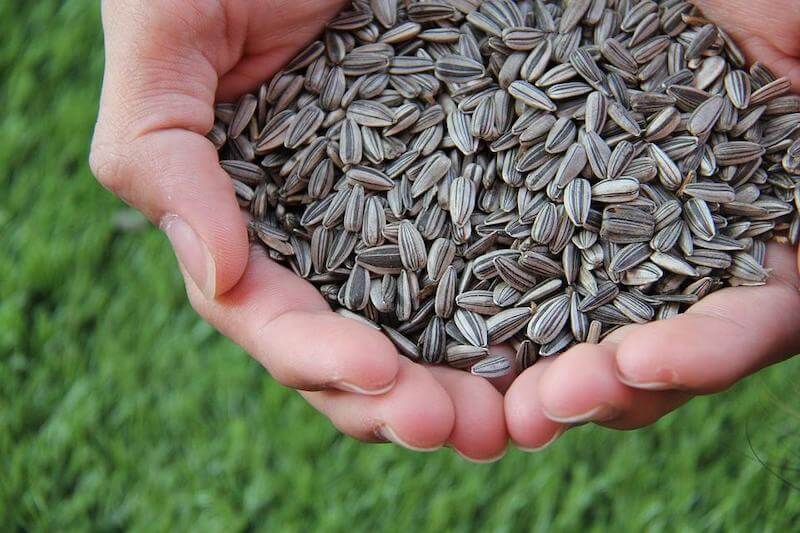
Additionally, incorporating lean proteins like these can provide your body with the necessary amino acids for white blood cell production:
- Chicken
- Fish
- Lean beef
By making small changes to your diet, you can not only feel better but also give your immune system the boost it needs to function at its best.
Impact of physical activity on anxiety and WBC count
Physical activity has numerous benefits for our mental and physical health. Recent studies have shown that regular exercise can have a positive impact on anxiety levels and white blood cell count.
When we exercise, our bodies release endorphins, which are neurotransmitters that can:

Additionally, exercising regularly can increase the production of white blood cells, which can help boost our immune system and fight off infections. Whether we prefer high-intensity cardio or more gentle activities like yoga, incorporating physical activity into our daily routines can have a profound impact on our overall well-being.
Stress management strategies for people experiencing low WBC counts due to anxiety
Dealing with low white blood cell counts can be an added source of stress for individuals already grappling with anxiety. The good news, however, is that there are several effective stress management strategies that can help people in this situation take back control of their mental and physical well-being.
These strategies could include:
- mindfulness meditation
- Deep breathing exercises
- regular physical activity

- behavioral therapy.
By developing a personalized stress management plan that works for them, people experiencing low WBC counts due to anxiety can better cope with their condition and improve their overall quality of life.
Concluding thoughts about anxiety and low white blood cell count
As we can see from this discussion, anxiety and a low white blood cell count are closely linked. When someone is dealing with anxiety, their white blood cell count is likely to be reduced too. This can lead to a heightened risk of illness or infection, so prevention is key for anyone experiencing low WBC due to anxiety.
People who experience this condition should take steps to boost their WBC count, such as by making certain dietary changes and exercising regularly.

Additionally, they should explore effective stress management strategies in order to reduce any unhealthy levels of stress that might further contribute to the development of low WBC counts caused by anxiety.
By taking these proactive measures, individuals can better protect themselves from developing any illnesses or infections caused by reduced white blood cells stemming from anxiety.
More from thewellthieone.com
The links used on thewellthieone.com are affiliate links, which may provide a small commission. This does not increase the price of the goods for the consumer whatsoever. What it does is ensure that useful content like this can continue to be produced. Thank-you for enjoying our content and allowing us to continue to provide more.



